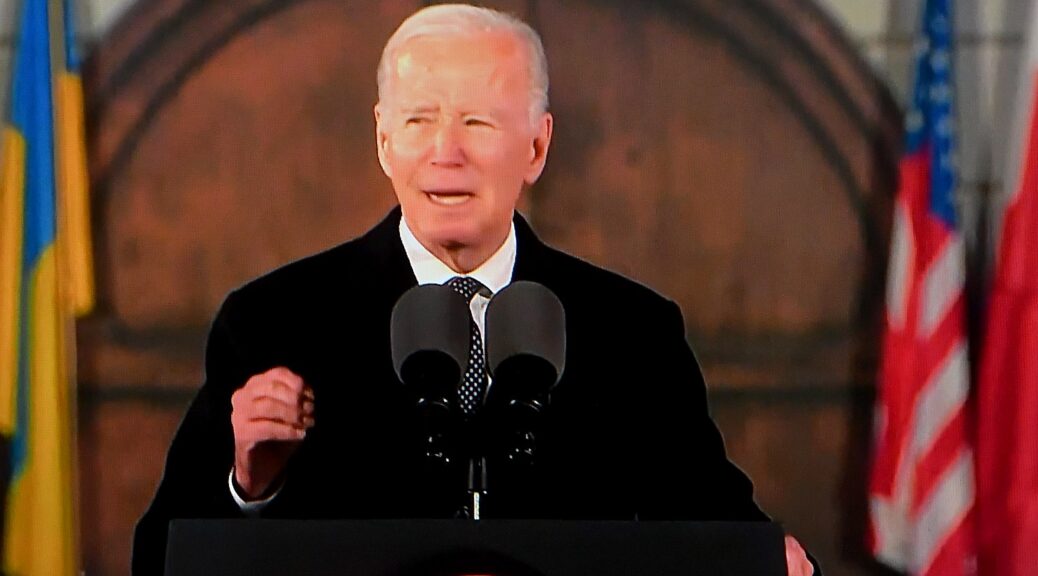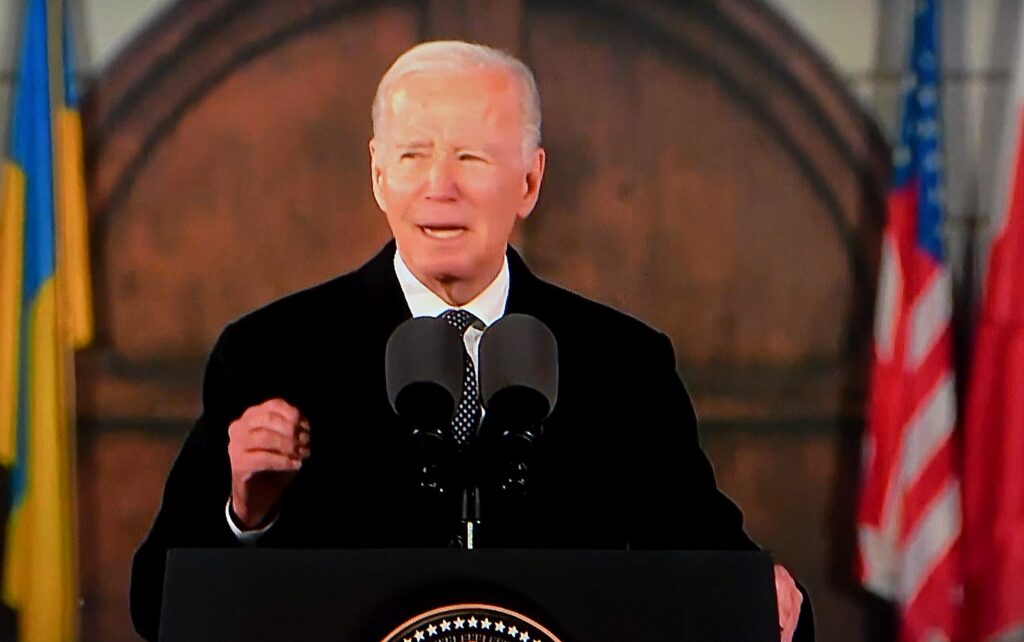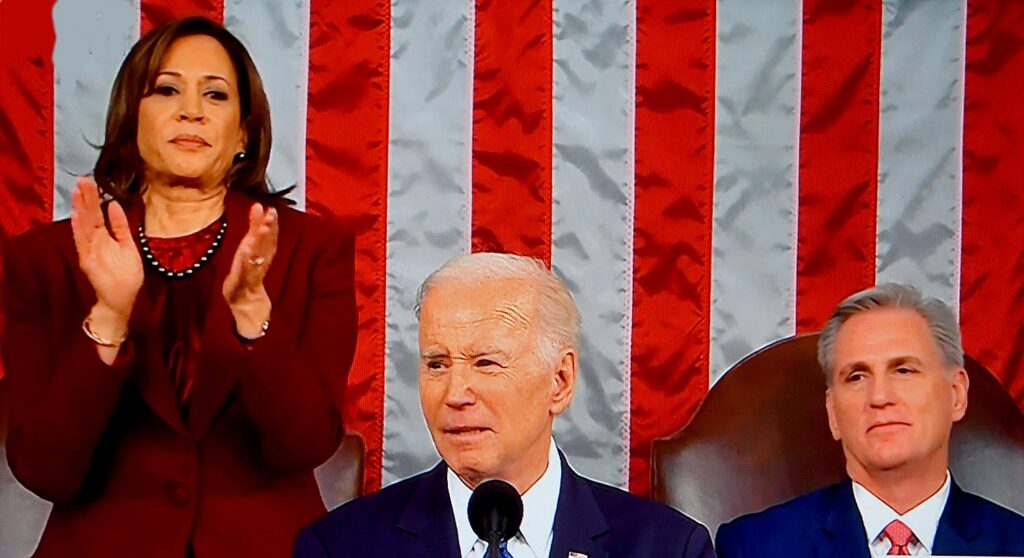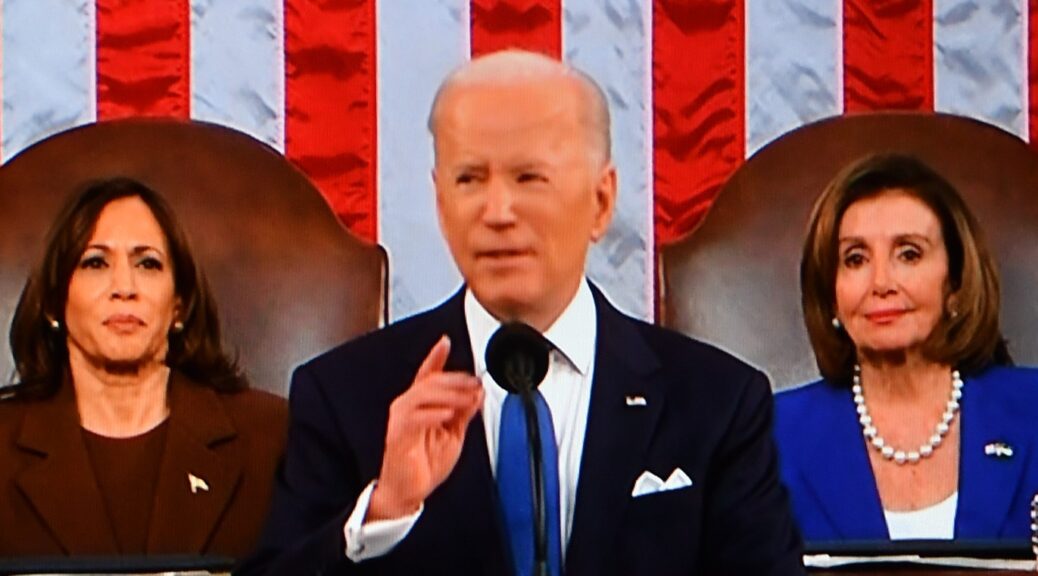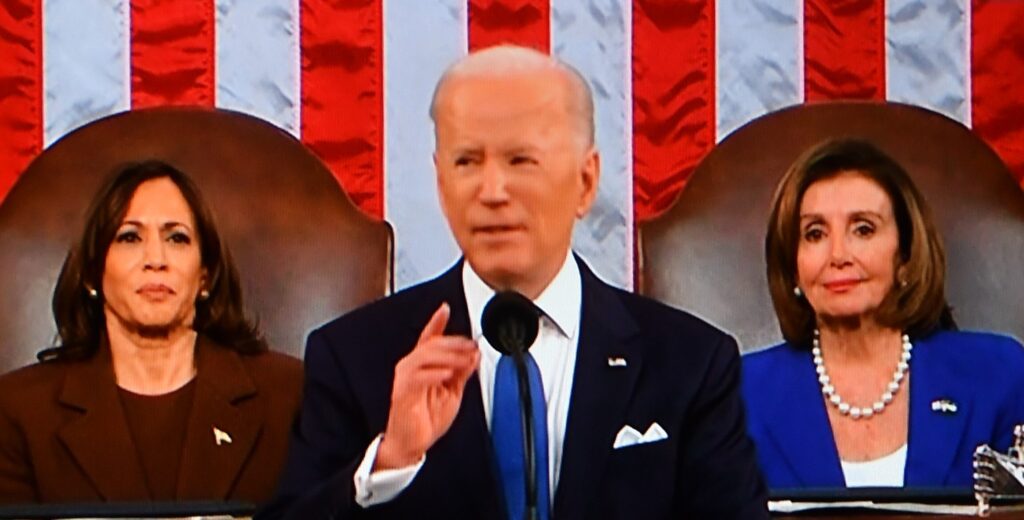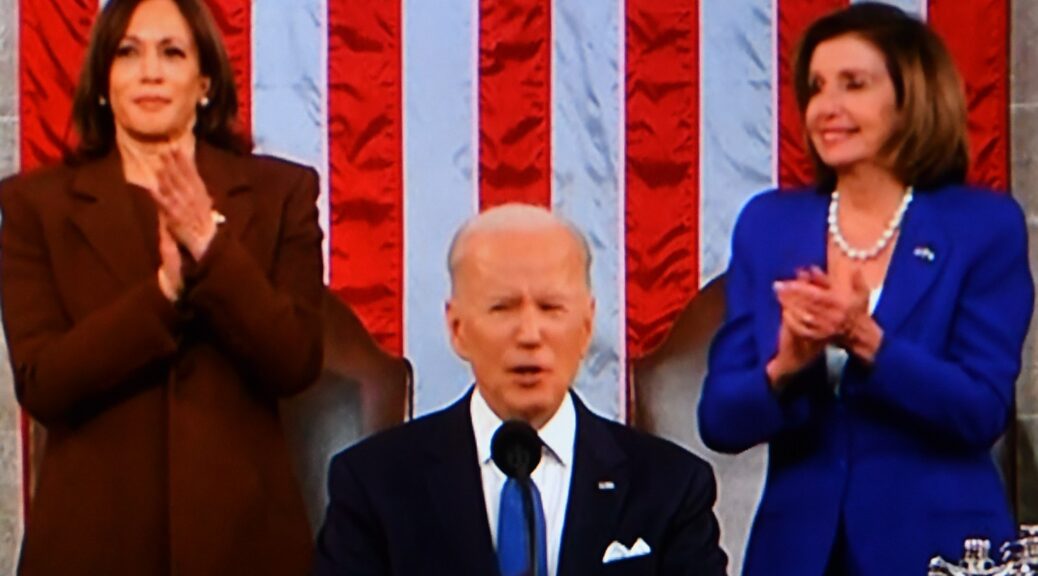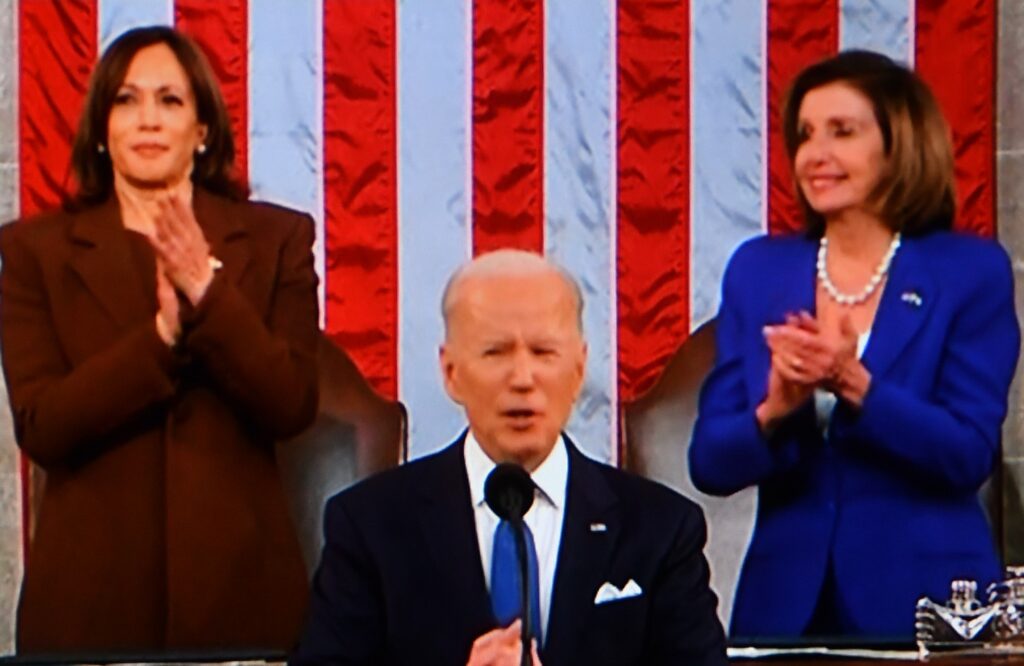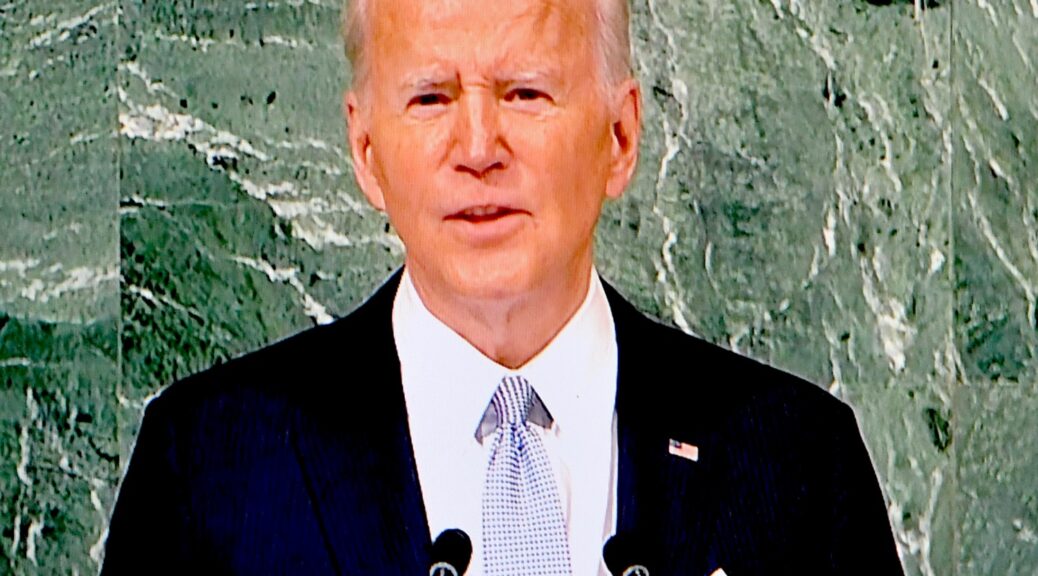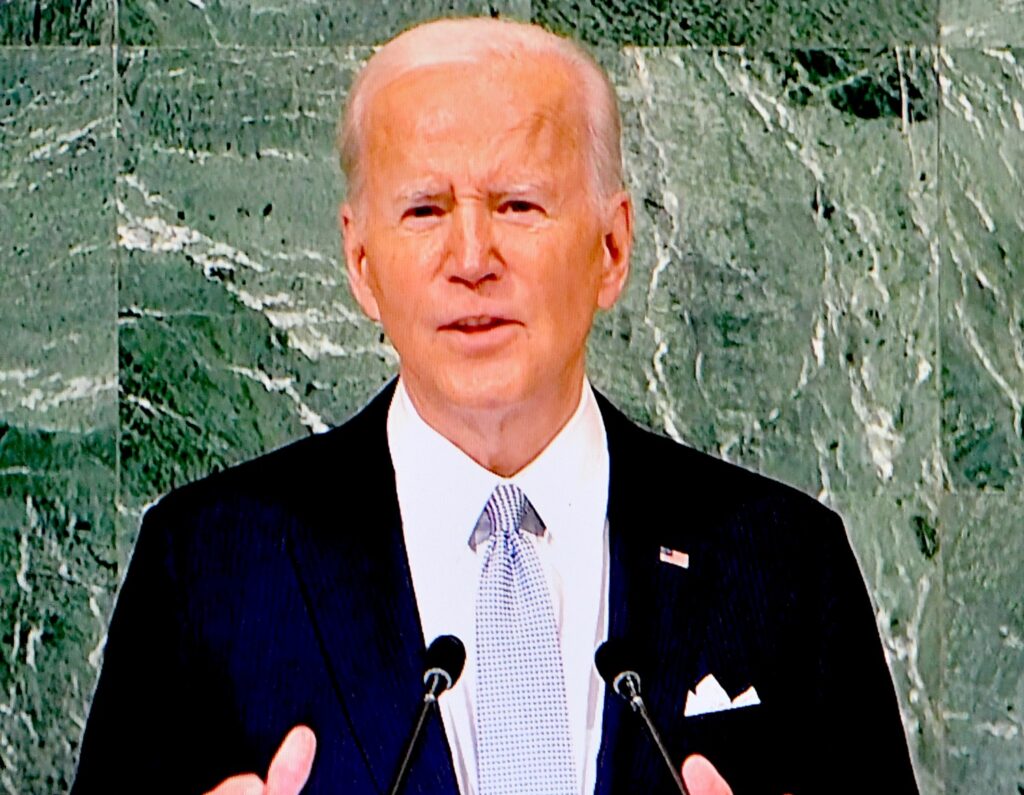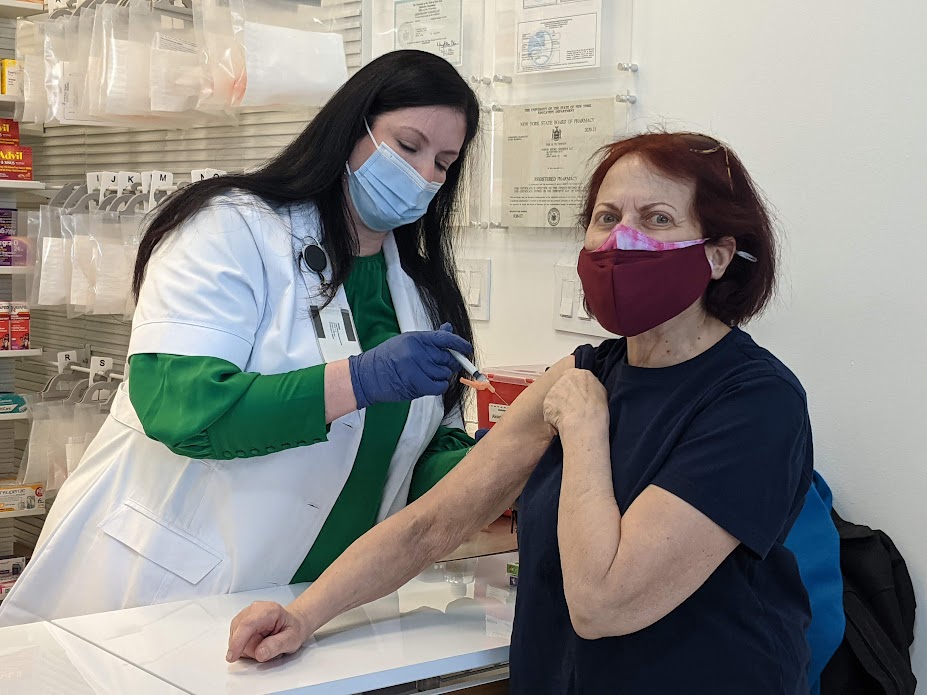
This fact sheet from the White House outlines the top 15 highlights from two years of recovery under the American Rescue Plan:
- Led to the Strongest Jobs Recovery on Record: When President Biden came into office, there was tremendous economic uncertainty. Unemployment was at 6.1% when the American Rescue Plan (ARP) passed. It was expected to average 5% in 2022. With the passage of ARP, unemployment averaged 3.6% in 2022 and fell to 3.4% at the beginning of 2023.
- ARP Drove the Strongest 2-year job growth ever: Over 12 million jobs have been added since President Biden took office – the largest 2-year total in US history and more jobs in two years than in any previous administration’s full year term.
- Powered the Fastest Recovery in the World: After the American Rescue Plan passed, the US recovered significantly faster than our G7 Peers – with 5.9% growth in 2021 – while our inflation is in the middle of the pack and slower than other countries that did significantly less to help their economies recover.
- Powered the Most Equitable Recovery in Memory: In past recessions, persistent high long-term and youth unemployment as well as high foreclosures of evictions led to long term harms – “scarring” for millions of Americans and hard, long roads back for Black and Hispanic Americans.
President Biden’s Rescue Plan ensured that didn’t happen this time:
- Historic drops in Black and Hispanic Unemployment: With the strong recovery powered by ARP, Black unemployment saw its largest 1-year drop since 1984 and is near record lows; Hispanic unemployment saw its fastest 1-year drop and reached its lowest annual rate ever in 2022. Asian American unemployment fell significantly as well – falling by more than half from its January 2021 rate.
- Least scarring in any recovery in memory: The American Rescue Plan led to the fastest drop in long-term and youth unemployment ever, which both now stand at pre-pandemic levels. It kept foreclosures historically low and evictions 20% below historic averages even after the end of the CDC Eviction Moratorium.
- Lowered Health Care Premiums by $800 for over 13 Million Americans: ARP lowered health care premiums – which were extended by the Inflation Reduction Act, increased eligibility to middle- income families and provided strong incentives for states to expand Medicaid through the Affordable Care Act. Result:
- Saved over 13 million Americans an average of $800 a year on their health premiums.
- Led to most Americans in history having health insurance
- Provided health coverage to 3 million Americans who would have otherwise had no health insurance.
- Provided an extra $1.5 billion in Medicaid funding to Missouri, Oklahoma, and South Dakota for Medicaid expansion coverage to over half a million people.
- Gave states an easier pathway to extend Medicaid postpartum coverage for a full 12 months – ensuring access to critical care for over 438,000 women nationwide.
- Largest Small Business Formation Boom in History Due ARP-Driven Strong Recovery and Small Business Investments: The Biden Administration:
- Increased COVID Emergency Injury Disaster Loans to $2 million, while increasing anti-fraud controls
- Reformed PPP to more equitably distribute funds to the smallest businesses.
- Restaurant Revitalization Fund helped over 100,000 Restaurants, Bars, and Food Trucks stay open.
- Shuttered Venues Program provided relief to 13,000 venues.
- Invested a historic $10 Billion in the State Small Business Credit Initiative
This, and the strong recovery that ARP powered, led to:
- A record 10.5 million new small business applications over the past 2 years
- Hispanic entrepreneurs started small businesses at the highest rate in more than a decade in 2021 and 23 percent faster than pre-pandemic levels.
- Black-owned small businesses were created at the fastest rate in 26 years, as the Washington Post found.
- Asian American entrepreneurs started small businesses at the fastest rate in over a decade in 2021.
- Led to Lowest Child Poverty Rate in American History: The American Rescue Plan and its expanded monthly Child Tax Credit led to:
- Child Poverty nearly cut in half to lowest rate – 5.2% – ever.
- Black child poverty cut by 52%, Hispanic child poverty cut by 43%, Native American child poverty cut by 51%, and dramatic drops in white and Asian child poverty — all to record lows.
- ~9 million children in rural areas benefited from the expanded credit.
- 5 million children in Veteran and Active-Duty families benefited from the expanded credit
- Child Tax Credit payments were delivered reliably with the first ever monthly payment – on the 15th of each month with 90% using direct deposit.
- Over 65 million children in 40 million working families received largest Child Tax Credit in history.
- Historic Child Tax Credit Expansion already reached over 230,000 Puerto Rico families: Recent data shows that over 230,000 Puerto Rico households will get the expanded Child Tax Credit. 8X the number from the previous year.
- Funded a Historic Vaccination Campaign: ARP provided $160 billion to support vaccination, therapeutics, testing and mitigation, PPE, and the broader COVID Response effort.
This led to:
- Over 230 million Americans are fully vaccinated, up from 3.5 million when President Biden took office.
- Helped Over 8 Million People Stay in Their Homes:
- Emergency Rental Assistance – the first national eviction prevention policy in history – was main American Rescue Plan source of multi-month assistance to help over 8 million hard-pressed renters stay in their homes without sacrificing other basic needs.
- Emergency Rental Assistance and Other ARP Housing Policies led Eviction Filings to remarkably stay 20% below historic averages in 1.5 years after end of the eviction moratorium.
- Called the “the most important eviction prevention policy in American history” by Matthew Desmond, Pulitzer Prize Winner author of “Evicted” – and the “deepest investment the federal government has made in low-income renters since the nation launched its public housing system.”
- HUD Emergency Housing Vouchers have already helped 47,500 households at risk of homelessness lease their own rental housing – these American Rescue Plan funded vouchers support those at risk of or experiencing homelessness or housing instability, and those fleeing domestic violence.
- Helped Keep 200,000 Child Care Centers Open
- American Rescue Plan Stabilization Assistance has reached 200,000 Child Care Providers – that employ 1 million child care workers – and have the capacity to serve more than 9 million children.
- 90% of programs reported that American Rescue Plan funds helped them stay open.
- More than 8 in 10 licensed child care centers nationwide have received ARP assistance.
- Benefited 30,000 rural child care programs – in most states, 97+% of rural counties received aid.
- For First Time in History, Direct Relief to Every Town, City, County and State – No Matter How Big or Small, Urban or Rural So they Could Design their Own Recovery:
- Before ARP, 70% of cities anticipated layoffs or major cuts in services and half of states were freezing or cutting jobs. Today, cities and states have funds to invest in major challenges – like public safety, housing, workforce, and rehiring, instead of making dramatic cuts.
- ARP provided direct fiscal relief to every state & territory and 30,000 cities and towns – while previous plans reached only 154 local governments, or fewer, with direct flexible relief.
This has led to:
- American Rescue Plan Led to Surge in State Revenue Growth – Powering Economic Resilience: Before ARP, state revenues were expected to grow just 3.7% in 2021, after falling in 2020. After ARP, state revenues grew by 16.6% in 2021 (record high growth) – and over 14% growth in 2022. As a result, state surpluses are powering resilience economy-wide.
- Major investments in critical areas:
- Over $25 billion to Jumpstart Universal Broadband Access – including Broadband Connections for 16 million students through the Emergency Connectivity Fund for schools and libraries to close the homework gap.
- Over $10 billion from ARP’s State & Local Fund invested in over 3,000 workforce projects
- Over $20 billion in State & Local funds invested in water infrastructure
- Over $14 billion in State & Local Funds invested in housing – expanding supply, investing in homeless services, and providing 3.7 million additional households rent, mortgage, and utility relief.
- One of the Largest Federal Investments in Preventing Crime, Reducing Violence, and Investing in Public Safety in History.
- Over $10 billion committed to preventing crime and reducing violence, with investments by hundreds of state and local governments to avoid cuts to police budgets, hire more police officers for safe, effective, and accountable community policing, ensure first responders have the equipment they need to do their jobs, and expand evidence-based community violence intervention and prevention programs.
- Toledo, Ohio used this funding to train a second cohort of new police recruits for the first time and plans for 100 new officers in the next few years; Mercer County invested in a county-wide radio system and improved its 911 system; Baltimore invested $50 million for its comprehensive violence prevention strategy, including community violence intervention programs.
- That includes $1.2 billion Medicaid Mobile Crisis Intervention Services – the American Rescue Plan included $1.2 billion to fund mobile crisis intervention units staffed with mental health professionals & trained peers.
- It also includes $1 billion Family Violence Prevention and Services Program to reduce domestic violence with immediate crisis intervention, health supports, and safety.
- Funding School Districts Across the Nation to Reopen K-12 Schools, Support Academic Recovery, and Invest in Student Mental Health:
- ARP provided critical relief to 16,000 school districts and other local education agencies to reopen safely, support academic recovery, and invest in student mental health.
- Data from School District Plans show that schools are using these funds well:
- Nearly 60% of funds are committed to investments like staffing, tutoring, after-school and summer learning, new textbooks and learning materials, and mental and physical health supports.
- Another 23% is going to keep schools operating safely, including providing PPE and updating school facilities. This includes investments in lead abatement and nearly $10 billion for HVAC.
This has led to:
- Going from 46% of schools that had safely opened to full-time in-person teaching to 100%: In January 2021, CDC data showed that just 46% of schools were open full-time in-person. Today, all schools are open.
- A major increase in staffing and investments to address student mental health: Schools now employ 36% more school social workers, 11% more school counselors, and 28% more school nurses than pre-pandemic.
- Major Investment in Workforce Training and Connecting Americans to Good Jobs:
- Over $40 billion from the American Rescue Plan has gone to workforce training efforts, including over $10 billion from ARP’s State and Local Fund invested in over 3,000 workforce projects across the country, including pre-apprenticeships and other programs to prepare for new infrastructure, health care and care jobs.
- $500 million Competitive Good Jobs Challenge Awards for 32 Workforce Training Partnerships across the country
- $1 billion Competitive Build Back Better Regional Challenge – 21 Winners won between $25 million and $65 million to execute transformational projects and revitalize local industries. Projects include developing workforce training programs and connecting workers to jobs – and other transformational investments.
- Historic Investment in Expanding and Supporting our Health Care Workforce, including:
- $1.1 Billion investment in the Community Health Workforce, including increasing the mental health workforce
- Well over $10 Billion of American Rescue Plan Home and Community Based Services (HCBS) funds being used for workforce efforts.
- Rapid deployment of over 14,000 community outreach workers (through over 150 national and local organizations).
- Establishment of the first-of-its-kind Public Health AmeriCorps to build and train the next generation of public health leaders, already serving 82 organizations across the country and supporting more than 3,000 AmeriCorps members.
- Supporting the largest field strength in history (over 22,700 providers) for the National Health Service Corps, Nurse Corps, and Substance Use Disorder Treatment and Recovery programs, treating more than 23.6 million patients in underserved communities
- Eighteen Million College Students Have Received Direct Financial Assistance from the Higher Education Emergency Relief Fund that was expanded by ARP:
- Colleges have reached an estimated 18 million students with direct financial aid from Higher Education Emergency Relief (HEERF) since the beginning of 2021 to help them stay in school and help cover basic needs during the pandemic, like food, housing, and child care.
- Direct financial assistance for an estimated 6 million community college students.
- 80% of Pell Grant recipients received direct financial relief in 2021.
- An estimated 450,000 students at Historically Black Colleges and Universities (HBCUs) received direct financial aid. Further, in 2021, 77 percent of HBCUs used HEERF funds to discharge unpaid student balances.
- Nine in 10 institutions reported that HEERF funds enabled them to keep students enrolled who were at risk of dropping out due to pandemic-related factors.
- Historic Investment in the Pension Security for up to 3 million Union workers & retirees: ARP’s Special Financial Assistance is the most significant investment in pension security for union workers and retirees in the past 50 years.
- Over 200 multiemployer plans that were on pace to become insolvent in the near term will now have solvency ensured until at least 2051 solvent & paying full benefits thanks to ARP.
- Preventing a wave of multi-employer insolvencies for 2-3 million workers who would have seen major cuts to their earned retirement benefits.
- Pension Cuts Reversed for over 80,000 Workers and Retirees in 18 “MPRA” Multiemployer Plans that had taken cuts to avoid insolvency.
- Most significant effort to protect the solvency of the multiemployer pension system in almost 50 years.
- First-Ever Summer Nutrition Benefit for Students with Nationwide Reach– Extended Permanently:
- ARP created the first-ever summer nutrition benefit with nationwide reach.
- 30 million young people: Reached the families of 30 million students.
- Permanent: Congress extended this innovative program permanently in last year’s Omnibus bill, the first major new permanent food assistance program in nearly five decades.




